Filaflex 70A
Filaflex 70A, 'Ultra-Soft', è un filamento flessibile estremamente elastico e innovativo della gamma Filaflex destinato alle stampanti 3D.
- Durezza Shore 70A
- 900% di allungamento
- Elasticità elevata
- Inodore
- Non richiede un letto riscaldato
- Prodotto nella UE
Filaflex 70A, 'Ultra-Soft', è un filamento flessibile estremamente elastico TPU (poliuretano termoplastico) le cui proprietà lo rendono paragonabile al silicone. Ha una durezza shore di 70A, raggiungendo fino al 900% di allungamento alla rottura. Il suo vantaggio principale è che dopo l'allungamento, ritorna alla sua forma originale senza deformarsi o rompersi. Il Filaflex 70A non è adatto a tutte le testine di stampa (hotend) All Metal tuttavia, poiché il filamento potrebbe bloccarsi e non scorrere correttamente, se sorgono perplessità, siamo a disposizione per ulteriori suggerimenti.
I filamenti flessibili della gamma Filaflex sono caratterizzati da una grande aderenza al piatto di stampa, quindi non hanno bisogno di un letto riscaldato, nastro blu, pellicola kapton, lacca o qualsiasi altro adesivo spray. Inoltre, sono inodori è resistente ad alcuni tipi di solventi e combustibili. La loro stampa richiede linee guida diverse rispetto ai filamenti rigidi. Per tale motivo la stampante 3D deve essere configurata in modo appropriato.
Applicazioni
Filaflex 70A è atossico e può essere utilizzato a contatto con la pelle. Ideale per uso medico o alimentare. Può essere utilizzato per creare pezzi che richiedono alta elasticità come:
– Solette: solette ortopediche.
– Modelli di protesi e organi: protesi di braccia, mani, organi destinati alla simulazione di operazioni chirurgiche, ...
– Oggetti e componenti flessibili per l'industria, automotive: paraurti, giunti, pneumatici, pinze...
– Parti e complementi tessili: capi tessili, tessuti, stampa su capi, borse, orecchini,...
– Calzature: suole, scarpe, sandali, pantofole, sneaker...
Scopri come stampare Filaflex 70A sulla stampante Bambu Lab P1P/P1S con questo video tutorial
- Temperatura di stampa
- 215-235°C.
- Velocità di stampa
- 20-40 mm/s.
- Tolleranza del diametro
- 0.04 mm.
- Altezza dello strato
- 0,08-0,3 (per ugelli da 0,4 mm). Risultati ottimali 0,2 mm.
- Velocità di retrazione
- 35-50 mm/s ad una distanza di 2,5-6 mm.
- Velocità di avanzamento
- 160-200 mm/s.
- Durezza Shore
- 70A
Riepilogo
(7 Recensioni)
Seleziona un punteggio per filtrare le recensioni.
Color seems to make a difference
It is a good filament very stretchy and resistant to tear with high elasticity, very difficult to deform permanently without heat.
The problem I have is it's tendency to clog and the need to constantly clean the gears of my extruder. It also has a very high humidity absorption.
All of this problems are explained by the company the only issue I have noticed is that the skin colored filament clogs frequently and it has been imposible to use. I have no issues with transparent and black
Buon filamento molto morbido e resistente e neppure troppo diffi
Buon filamento molto morbido e resistente e neppure troppo difficile da stampare con i soliti accorgimenti tipici dei filamenti flessibili. Usato per stampe funzionali in contato con acqua calda e detersivo. Sono soddisfatto.
Good Filament
It's a good filament and can be printed on a Prusa i3 Mk3S at 20 mm/s. It's *extremely* tear resistant. Don't heat the PEI bed and maybe use Kapton tape, else it will be nigh impossible so separate. However, 1 star is lost due to claiming it being resistant to acetone and solvents. I'm really a bit confused here, because it actually dissolves really happily in acetone and even ethanol. Can be a good thing though, if you accidentally welded it to your build plate...
Filaflex 70A in an upgraded Ender 3 Printer
My experience with 70A has been very steady so far. It’s been difficult but nothing I haven’t been able to handle yet. There have been many test prints and calibration prints. But I now have my 70A settings just how I like them. My printer is an old ender 3 with some upgraded bits. I’m running a microswiss direct drive kit, an e3d v6 hotend(attached to the microswiss cooling block), a PEI bed, and a silent motherboard. Most importantly though, is the 0.6mm nozzle. I had clogging issues occasionally on a 0.4mm and printing times were very long. But I’ve been able to print smoothly and consistently at a rate of 30-40% faster in most cases. My setup probably isn’t very optimal or effective for the time and effort it requires, but it’s been fun to grow my printing capabilities and knowledge through building it.

 it
it  es
es en
en fr
fr de
de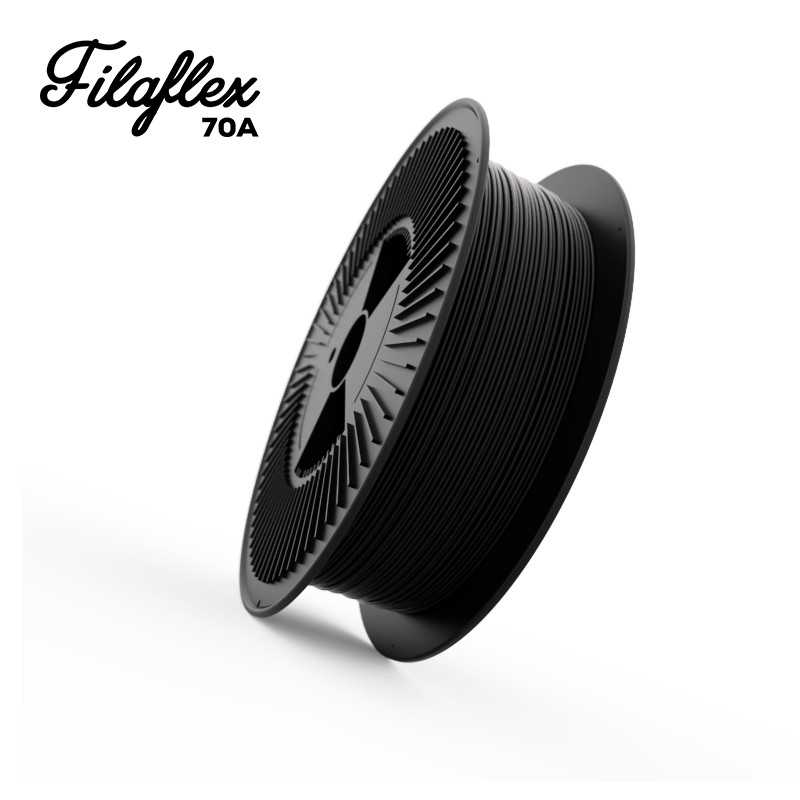






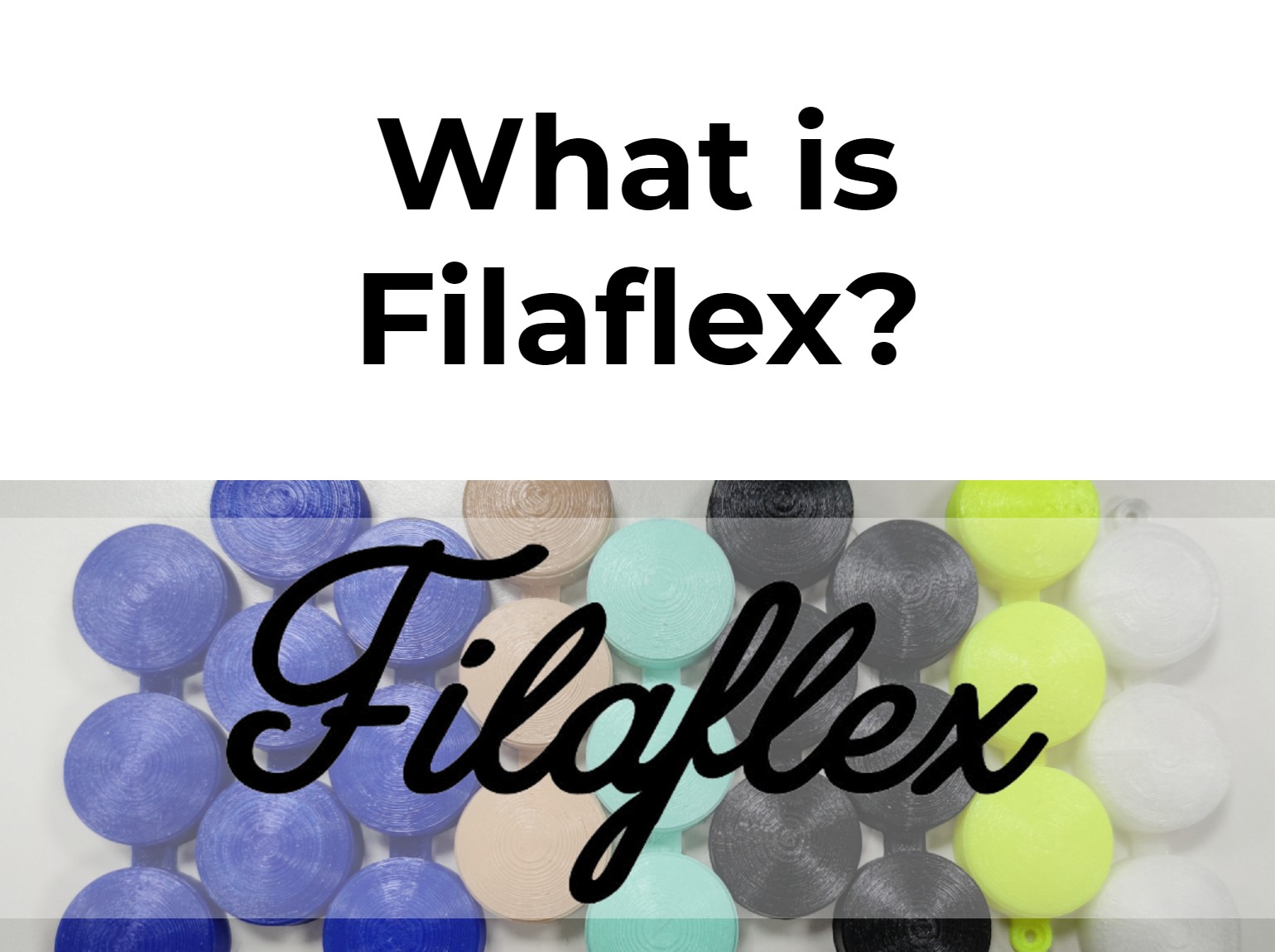







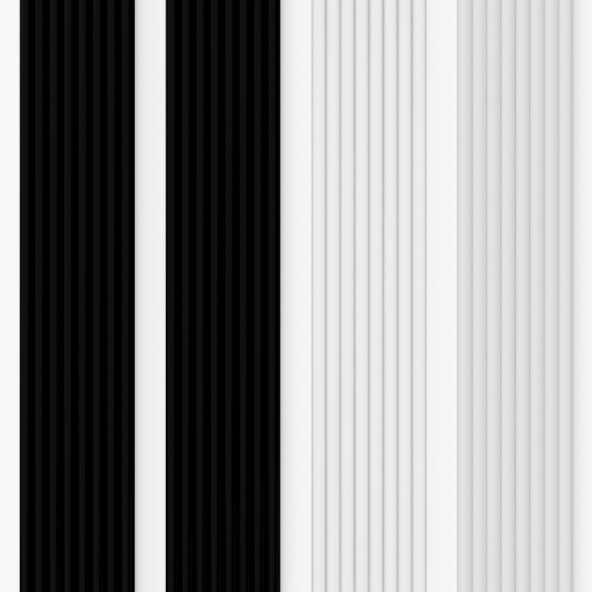
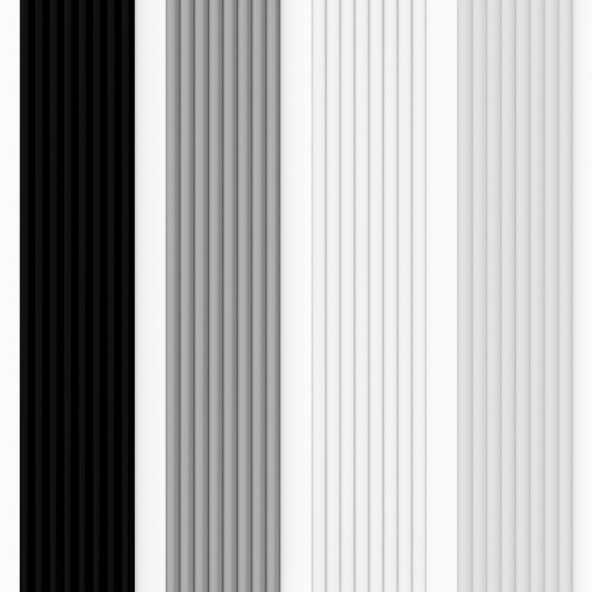
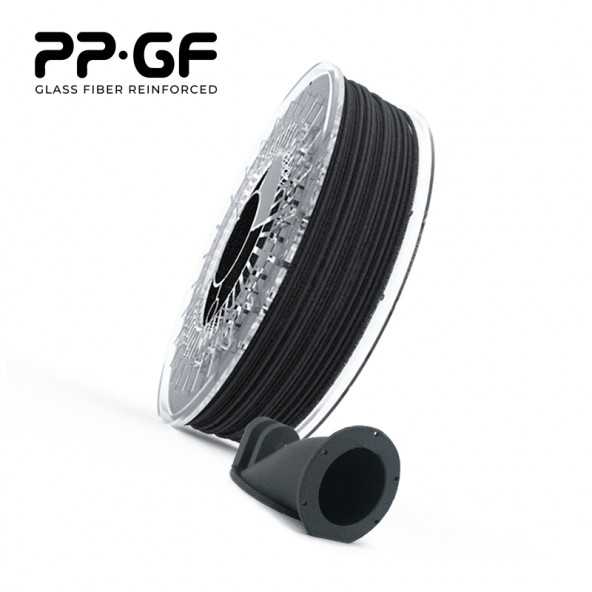
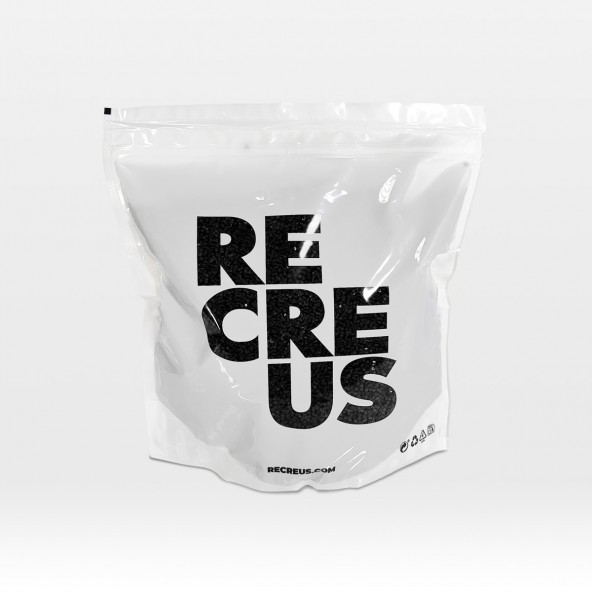
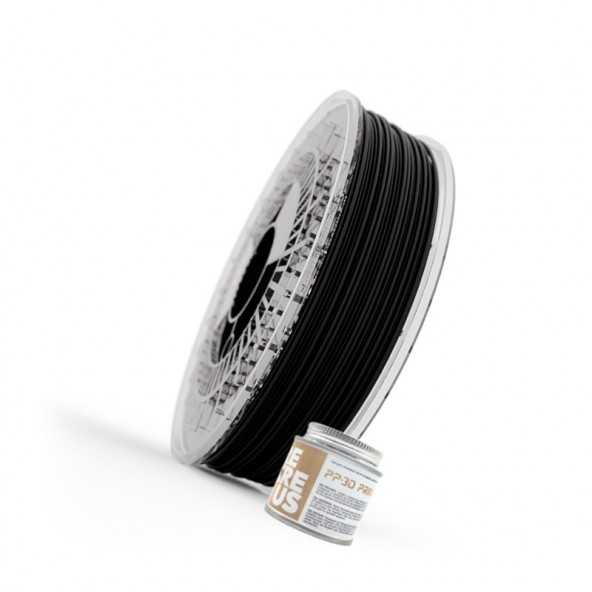
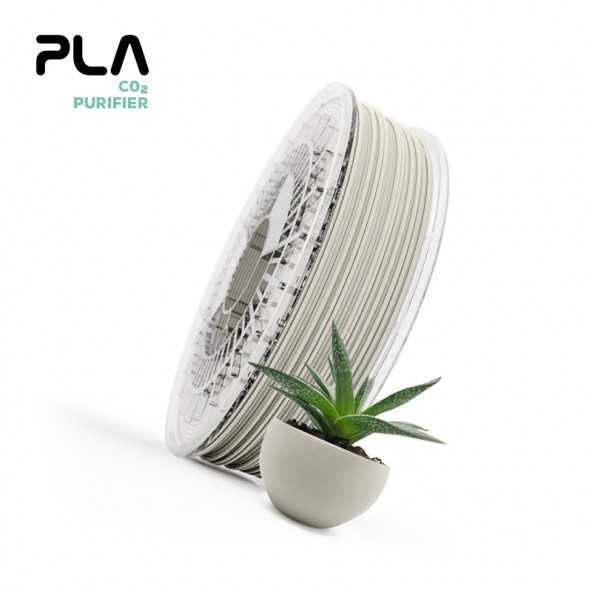
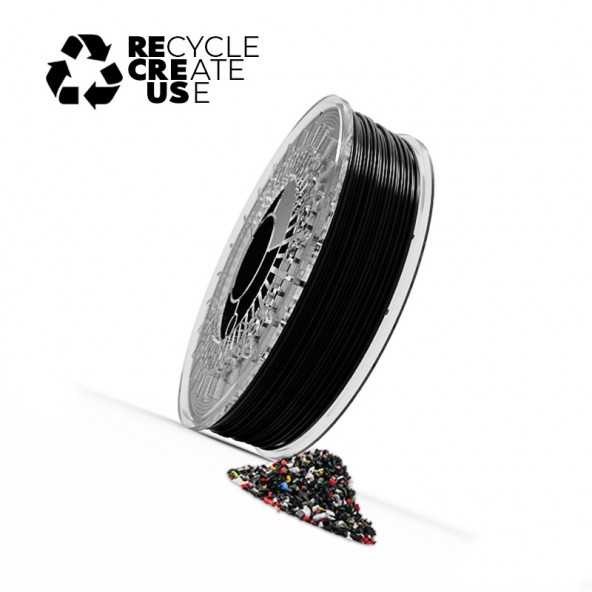
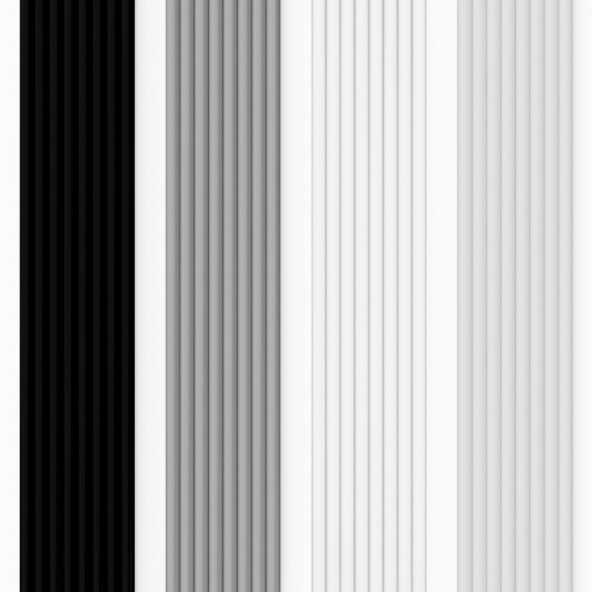
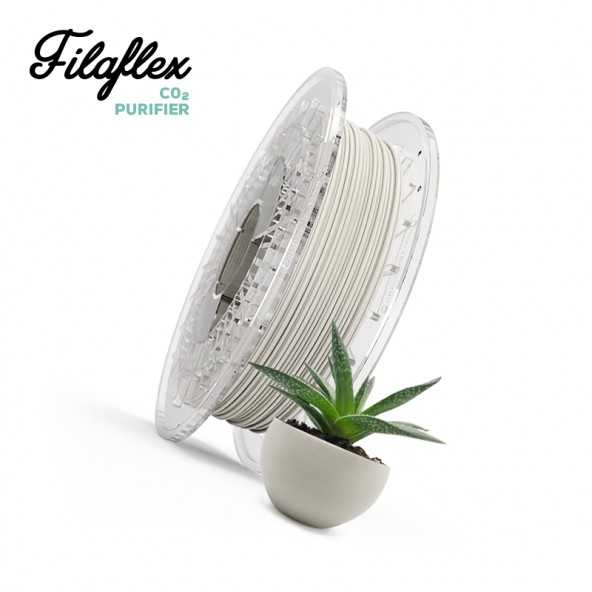
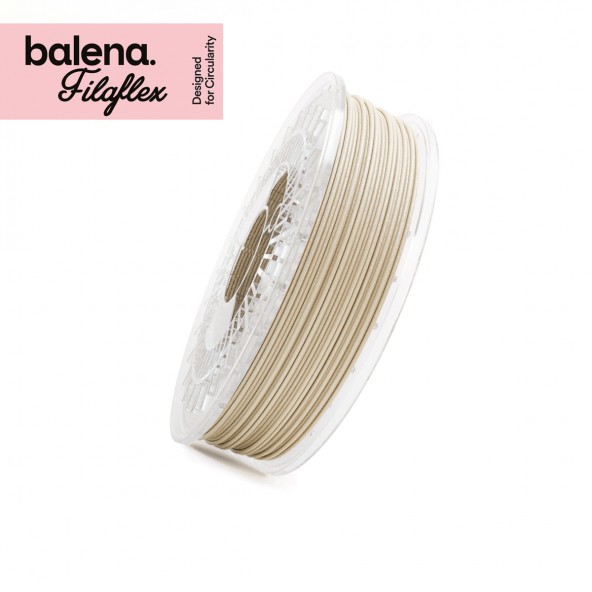
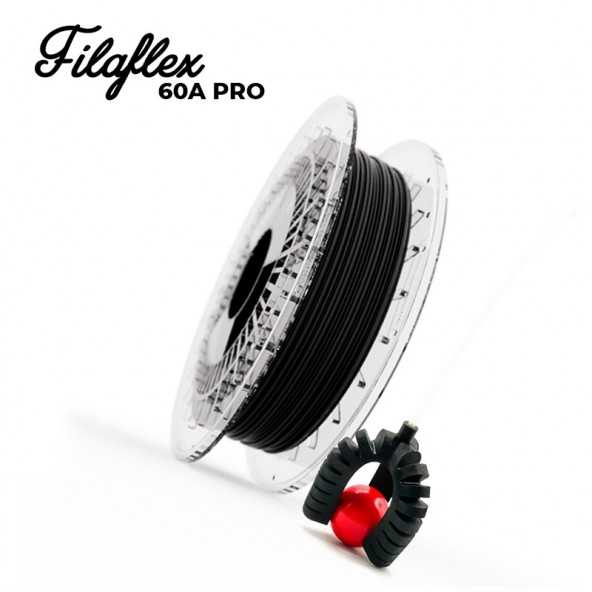
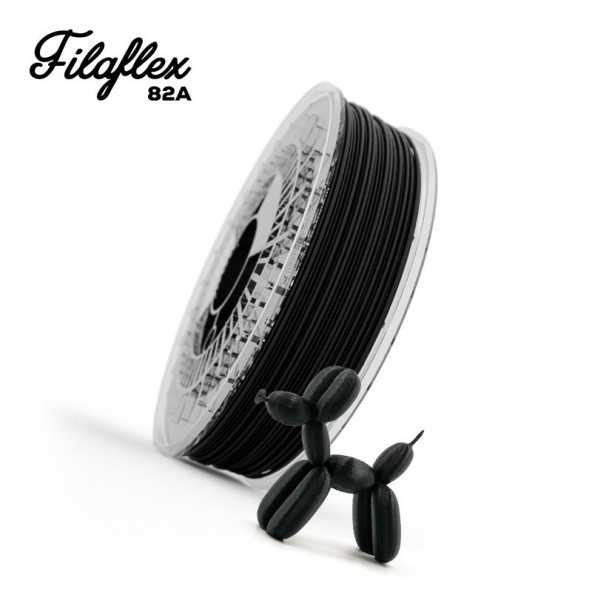
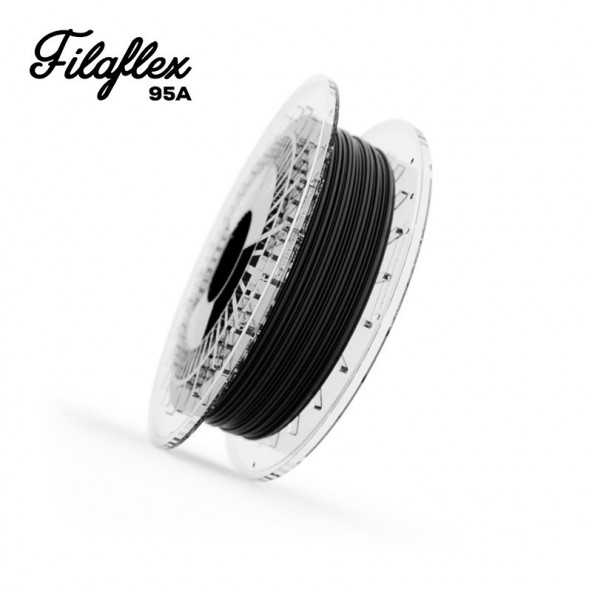
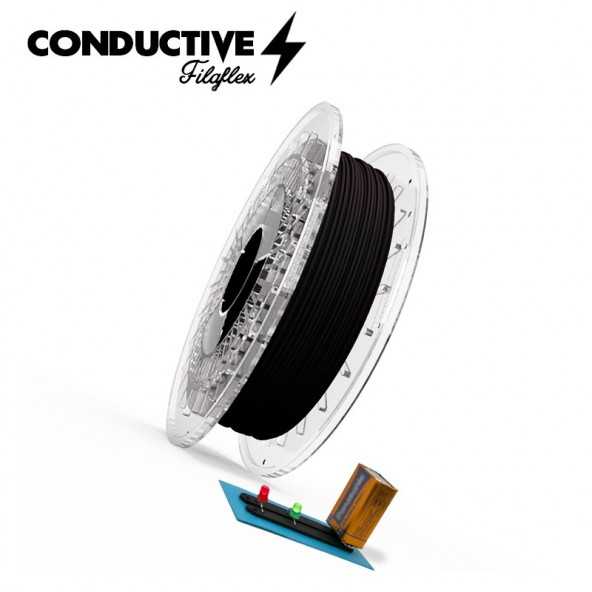
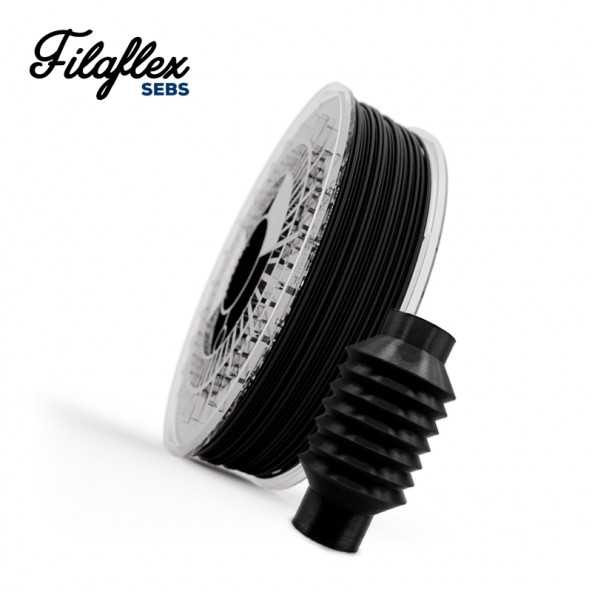

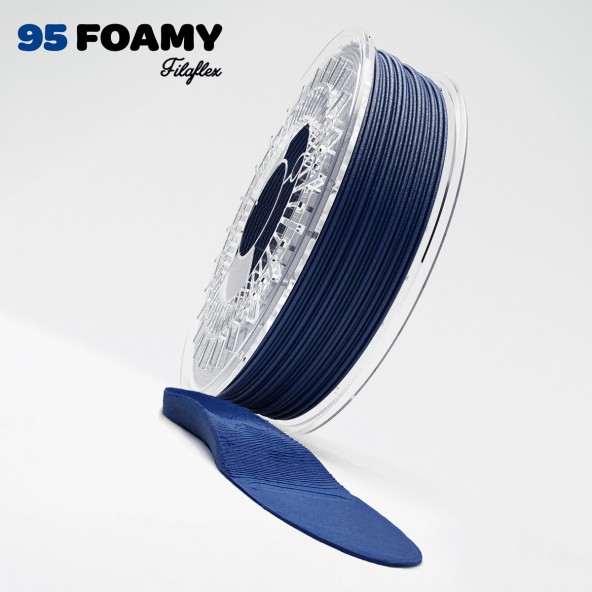
I really like this
I don't have a lot of 3D printing experience, but I have been able to get some very nice super-flexy prints of a product shell at 0.8mm thickness around the outside with this using a Ender 3 V2 with a Sprite Pro direct drive extruder.
I had slow the speed to 10mm/s and I'm using 240c temp and 0.32 layer height. The transparent also has a nice shiny Fresnel lens appearance.